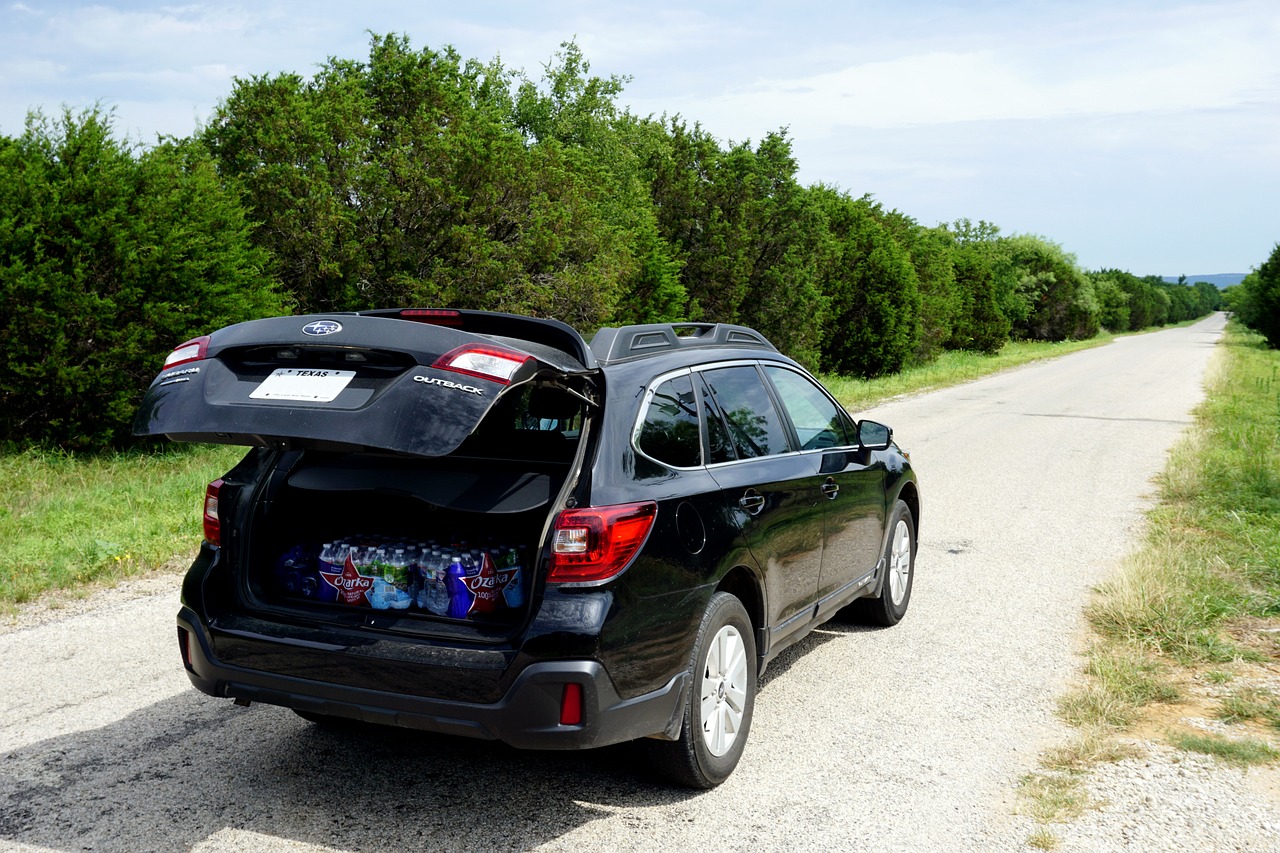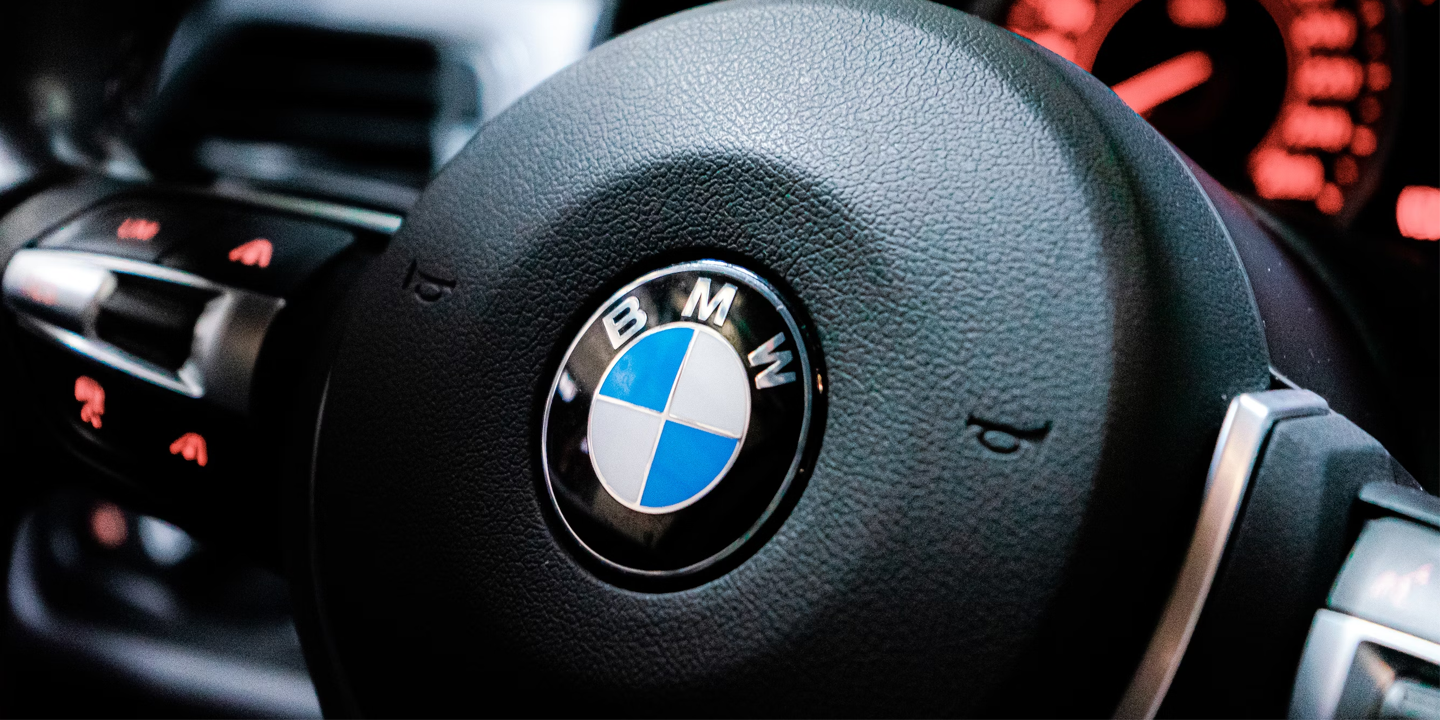When it comes to choosing a vehicle, the options are as varied as the drivers on the road. Cars and sport utility vehicles (SUVs) are two of the most popular options. Each has its own set of unique advantages and drawbacks, and your final choice will depend on a range of factors including your budget, lifestyle, and needs. In this article, we will take a detailed look at 20 points of comparison between cars and SUVs to help you make an informed decision.
1. Fuel Efficiency
Cars are generally more fuel-efficient than SUVs. This means you'll spend less money on gas over the life of the vehicle. It also implies a smaller carbon footprint, which is better for the environment. However, the trade-off is that cars often have smaller engines and less power than their SUV counterparts.
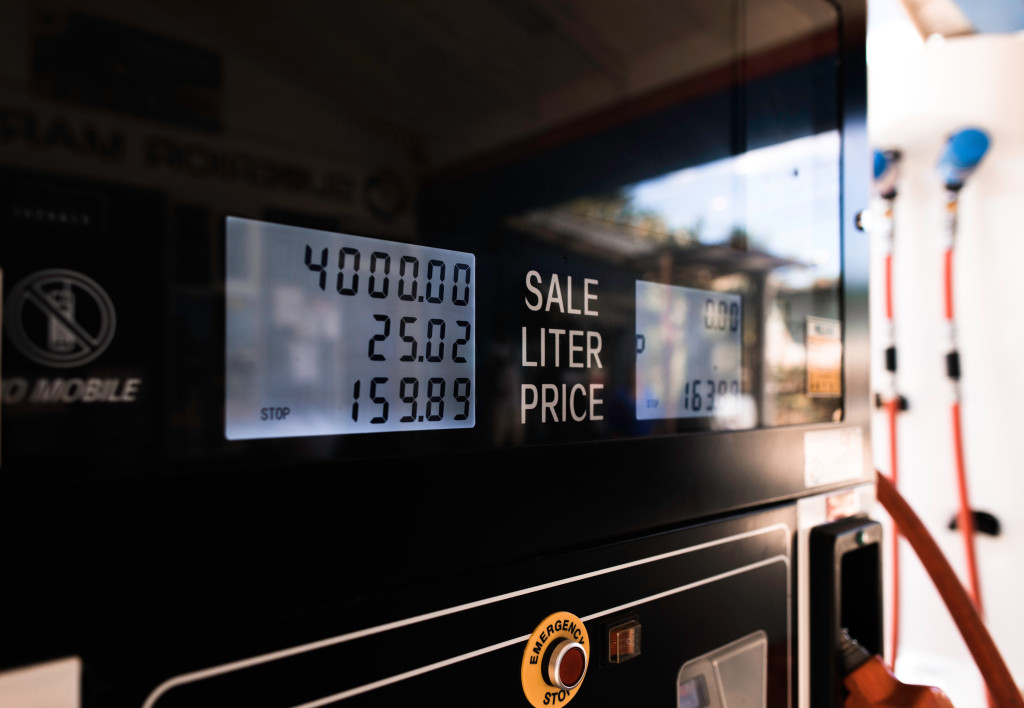 Photo by Rock Staar on Unsplash
Photo by Rock Staar on Unsplash
2. Towing Capacity
SUVs often come with a higher towing capacity than cars. If you have a boat, a trailer, or plan to tow other heavy items, an SUV could be the better choice. Conversely, the high towing capacity of SUVs often comes with lower fuel efficiency and higher gas costs.
 Photo by Kenny Eliason on Unsplash
Photo by Kenny Eliason on Unsplash
3. Maneuverability
Cars, particularly smaller ones, tend to have better maneuverability than SUVs. They can easily navigate tight spaces and crowded city streets. However, this advantage is often at the expense of off-road capabilities, which SUVs generally excel at.
4. Off-Road Capabilities
SUVs are known for their off-road prowess. If your lifestyle or hobbies take you off the beaten path, an SUV could be an excellent fit. Cars, on the other hand, aren't typically designed for off-road use and may not perform as well in these conditions.
 Photo by Khamkéo Vilaysing on Unsplash
Photo by Khamkéo Vilaysing on Unsplash
5. Passenger Space
SUVs often offer more passenger space than cars, which can be a huge advantage for large families or those who often carpool. Cars, while offering enough space for everyday use, may feel cramped when filled to capacity, especially on long trips.
 Photo by David Emrich on Unsplash
Photo by David Emrich on Unsplash
6. Cargo Space
In terms of cargo space, SUVs generally have the upper hand. This can be crucial for road trips, moving, or transporting large items. Cars offer less cargo space, which might limit their usefulness for some drivers. So depending on your needs, where you live, and your lifestyle, you may want to opt for a vehicle that offers more space than others.
7. Safety
The safety of a vehicle is dependent on many factors, including the vehicle's design, the driver's behaviour, and the type of accident. While SUVs have a perceived advantage due to their size and height, they are more prone to rollovers. Cars, on the other hand, have a lower center of gravity, making them less susceptible to rollovers but potentially more vulnerable in collisions with larger vehicles.
 Photo by Farzanah Rosli on Unsplash
Photo by Farzanah Rosli on Unsplash
8. Vehicle Price
Generally, cars are less expensive than SUVs. This can make them a more appealing choice for budget-conscious buyers. However, the lower initial cost could be offset by higher fuel costs or a desire for more features, which are often standard in SUVs.
 Photo by Farzanah Rosli on Unsplash
Photo by Farzanah Rosli on Unsplash
9. Maintenance Costs
Maintenance costs for cars are usually lower than for SUVs. Parts are often cheaper, and because cars are generally less complex than SUVs, they can be easier and less expensive to repair. However, maintenance costs can vary widely depending on the specific make and model of the vehicle.
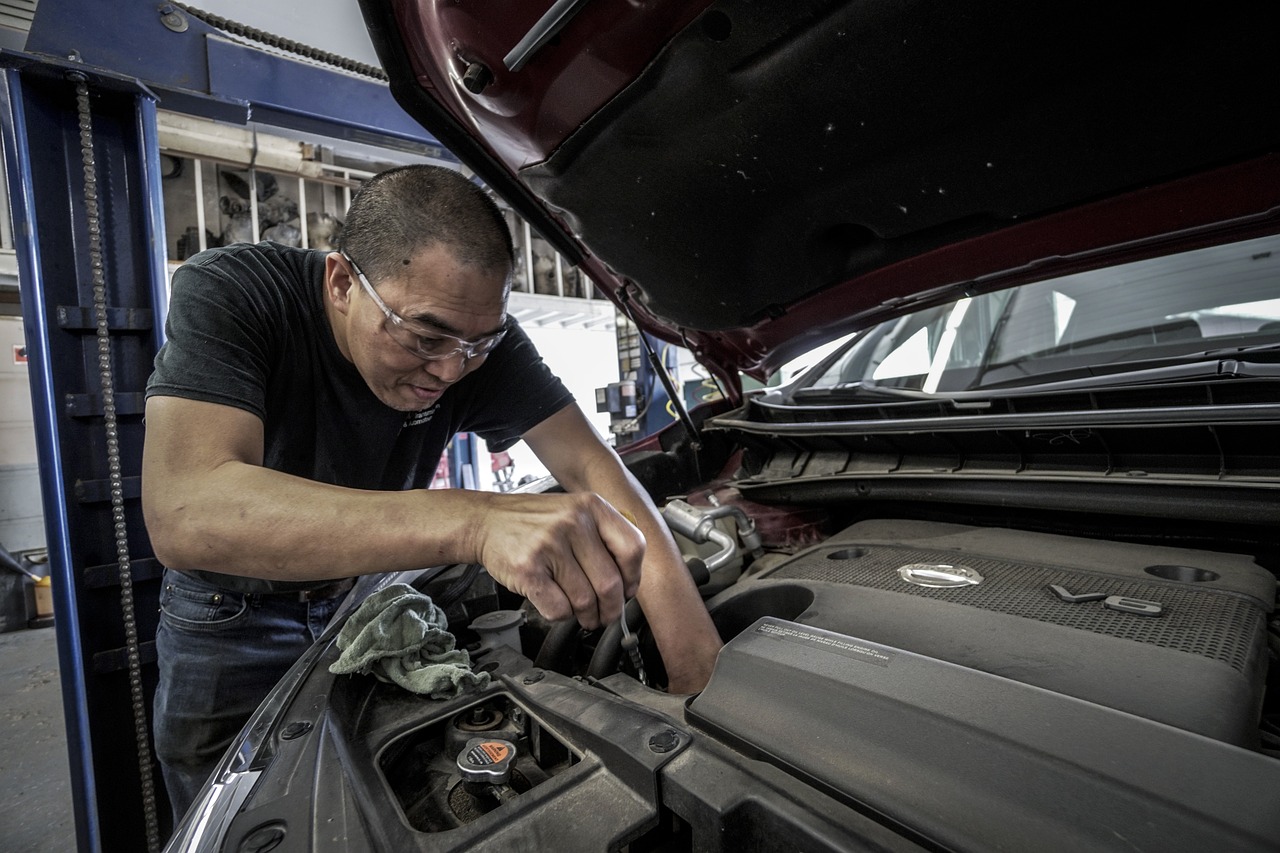 Image by Ryan Doka from Pixabay
Image by Ryan Doka from Pixabay
10. Luxury Features
Both cars and SUVs come in luxury models with high-end features. Depending on the make and model, you could find either a car or an SUV that suits your desire for luxury. However, SUVs may offer more room for luxury features due to their larger size. It depends on what you want, but most vehicles (both cars and SUVs) offer a wide array of luxury features and add-ons to choose from.
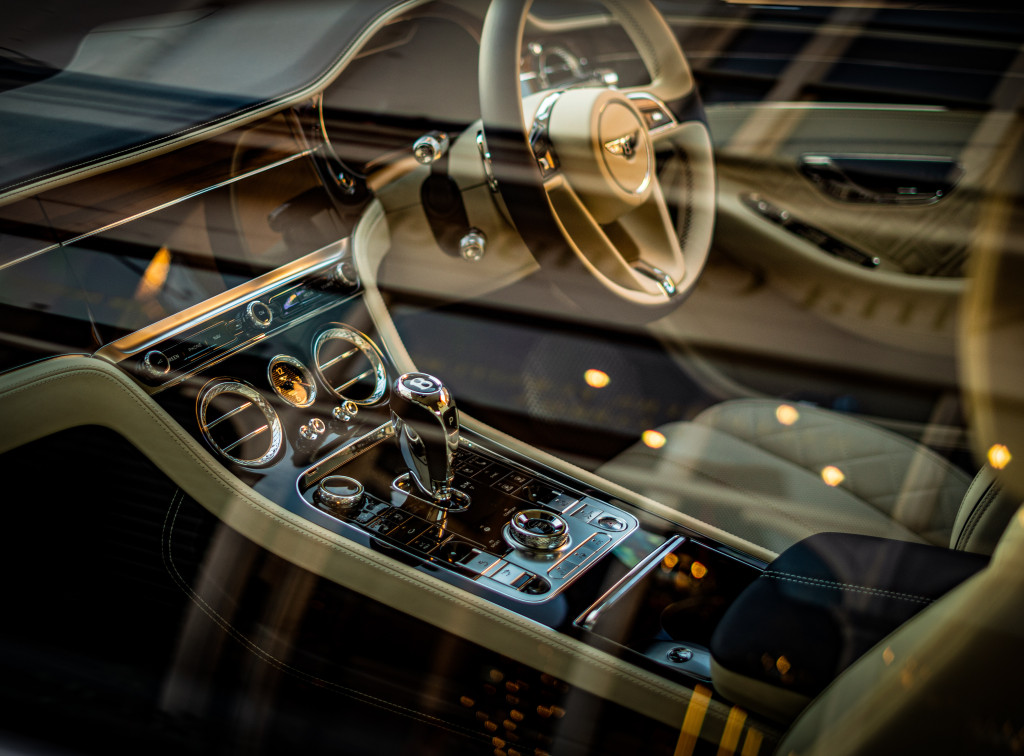 Photo by Ajeet Panesar on Unsplash
Photo by Ajeet Panesar on Unsplash
11. Insurance Costs
Insurance costs tend to be lower for cars than for SUVs. This is due to several factors, including the car's lower replacement cost and a perception of safer driving behaviour among car drivers. However, insurance costs can vary widely depending on a multitude of factors including the driver's age, driving record, and location.
 Photo by Scott Graham on Unsplash
Photo by Scott Graham on Unsplash
12. Resale Value
Both cars and SUVs can have good resale value, depending largely on the make and model. Some SUVs hold their value better due to their durability and versatility. Factors that influence resale value include the make and model of the car, its age, mileage, condition, maintenance history, and market demand for that particular vehicle. Cars from reputable brands with a history of reliability, well-maintained records, and popular models tend to retain their value better over time, while luxury and exotic cars may experience steeper depreciation.
 Image by Jay Lamping from Pixabay
Image by Jay Lamping from Pixabay
13. Aesthetics
Aesthetics are highly subjective and depend on personal preference. Aesthetics matter to most people. Some drivers prefer the sleek, low-profile look of cars, while others like the rugged, high-profile appearance of SUVs. Ultimately, the best vehicle for you is one that you'll be happy to see in your driveway every day.
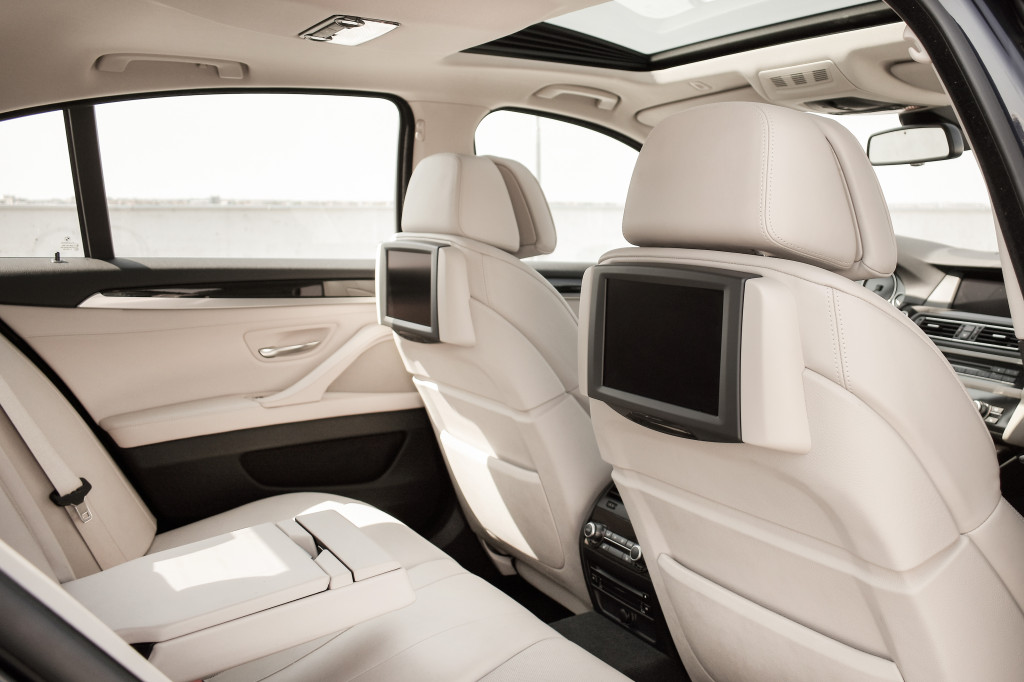 Image by Jay Lamping from Pixabay
Image by Jay Lamping from Pixabay
14. City Driving
City driving typically involves navigating through densely populated areas with heavy traffic, frequent stops, and starts at intersections, making it more stop-and-go compared to highway driving. City drivers often encounter various challenges, including congestion, parking difficulties, and the need for heightened awareness of pedestrians and cyclists, which can require patience and attentiveness. Cars are often better suited for city driving due to their smaller size and better maneuverability. They're easier to park and typically have better fuel efficiency in stop-and-go traffic. SUVs, however, might feel bulky and unwieldy in tight urban spaces.
 Photo by Paul Hanaoka on Unsplash
Photo by Paul Hanaoka on Unsplash
15. Comfort
Comfort encompasses various factors, including the quality of the seats, interior materials, suspension system, noise insulation, and ergonomics, all of which contribute to the overall well-being and satisfaction of passengers during a journey. While SUVs often provide a more commanding view of the road and more space, cars can also offer a comfortable ride. Cars tend to handle better and can provide a smoother ride on paved roads. SUVs, on the other hand, offer a comfortable ride in a variety of conditions, including off-road terrain.
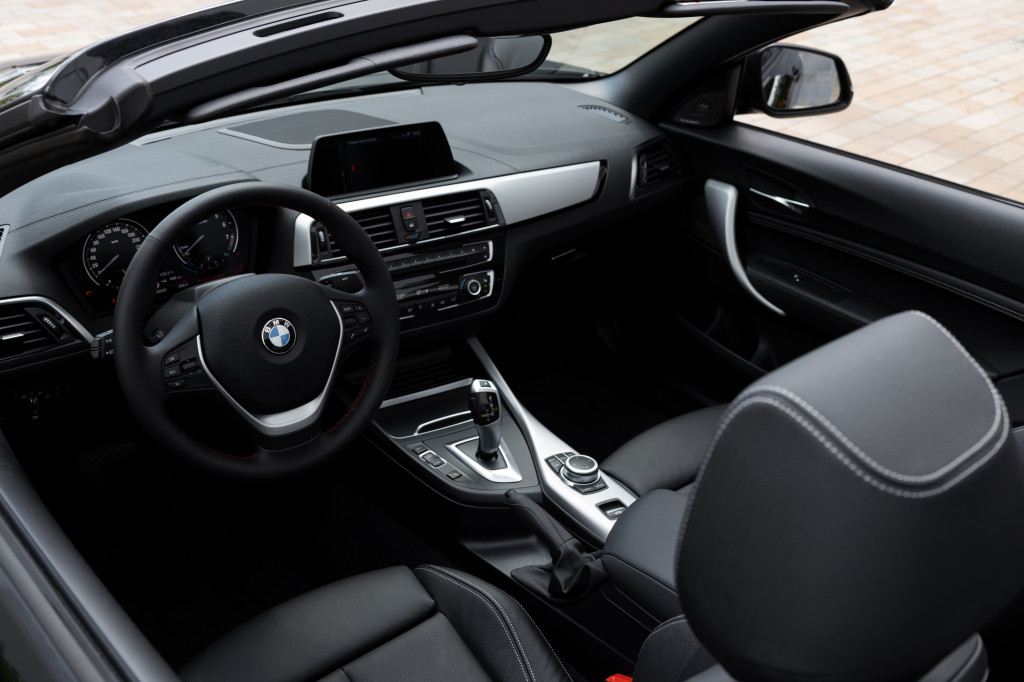 Photo by SHARE NOW on Unsplash
Photo by SHARE NOW on Unsplash
16. Visibility
Visibility in cars and SUVs can vary significantly based on design and size. Generally, SUVs tend to offer better visibility due to their elevated driving position, providing drivers with a clearer view of the road and surroundings. However, some larger SUVs may have blind spots caused by their size and bulk, while compact and subcompact cars may provide less visibility due to their lower profile and smaller windows. While offering adequate visibility, cars might not offer the same expansive view of the road. Ultimately, factors like vehicle design, window size, and driver's seating position can greatly impact visibility, and it's important for drivers to consider their specific needs and preferences when choosing a vehicle.
 Photo by Samuele Errico Piccarini on Unsplash
Photo by Samuele Errico Piccarini on Unsplash
17. Long-Distance Driving
If you frequently take long trips, either a car or an SUV could suit your needs. Cars generally offer better fuel efficiency, which is important for long drives. SUVs, however, offer more space for passengers and cargo, which can make long trips more comfortable. Again, it depends on your needs. If you're a frequent road-tripper, a car might offer better benefits. But if you're a frequent road-tripper with a family to lug around, SUV is the way to go.
 Photo by Darwin Vegher on Unsplash
Photo by Darwin Vegher on Unsplash
18. Weather Conditions
SUVs often perform better in extreme weather conditions. Their higher ground clearance, four-wheel drive options, and weight can provide better control in snow, rain, or off-road conditions. Cars, particularly those without all-wheel drive, may not handle these as well in these situations.
 Photo by Jaromír Kavan on Unsplash
Photo by Jaromír Kavan on Unsplash
19. Performance
Performance is largely dependent on the specific make and model. The performance of cars and SUVs can vary widely depending on factors such as engine size, weight, and intended use. Generally, cars tend to offer more responsive handling and better fuel efficiency, making them well-suited for urban driving and sportier driving experiences, while SUVs often excel in off-road capability, cargo space, and towing capacity, making them ideal for outdoor adventures and family transportation. However, advancements in automotive technology have led to crossover SUVs that offer a blend of car-like handling and SUV-like versatility, blurring the lines between the two categories. The best choice depends on your driving preferences and needs.
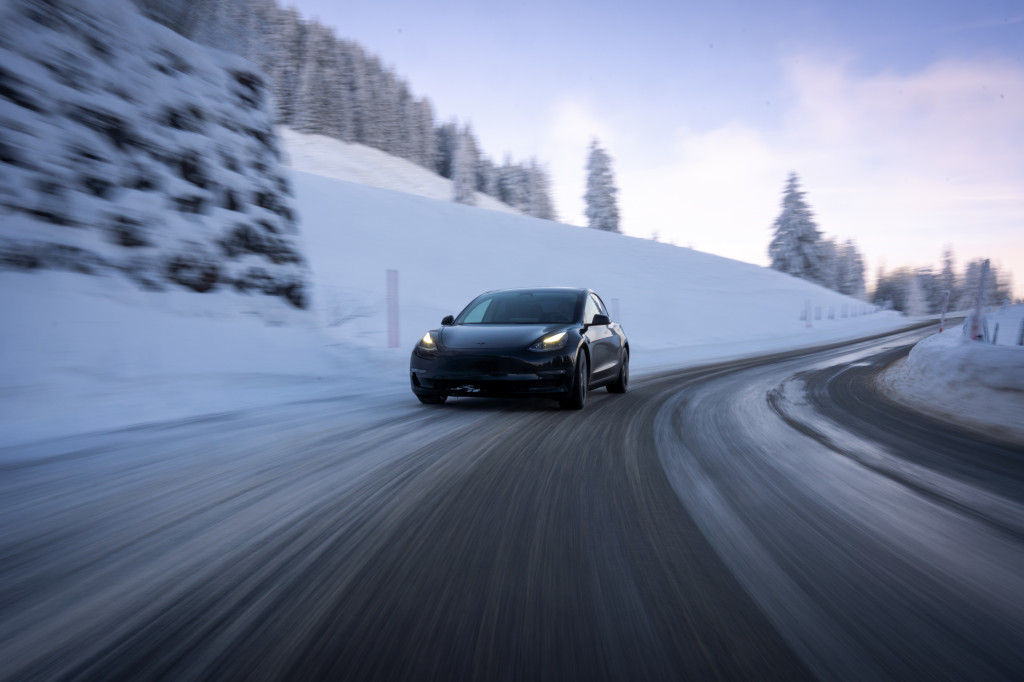 Photo by Yannik Zimmermann on Unsplash
Photo by Yannik Zimmermann on Unsplash
20. Emissions
Cars typically emit fewer greenhouse gases than SUVs due to their superior fuel efficiency. This is a significant advantage if environmental impact is a key factor in your decision. However, some hybrid or electric SUVs can also offer lower emissions than traditional gas-powered vehicles.
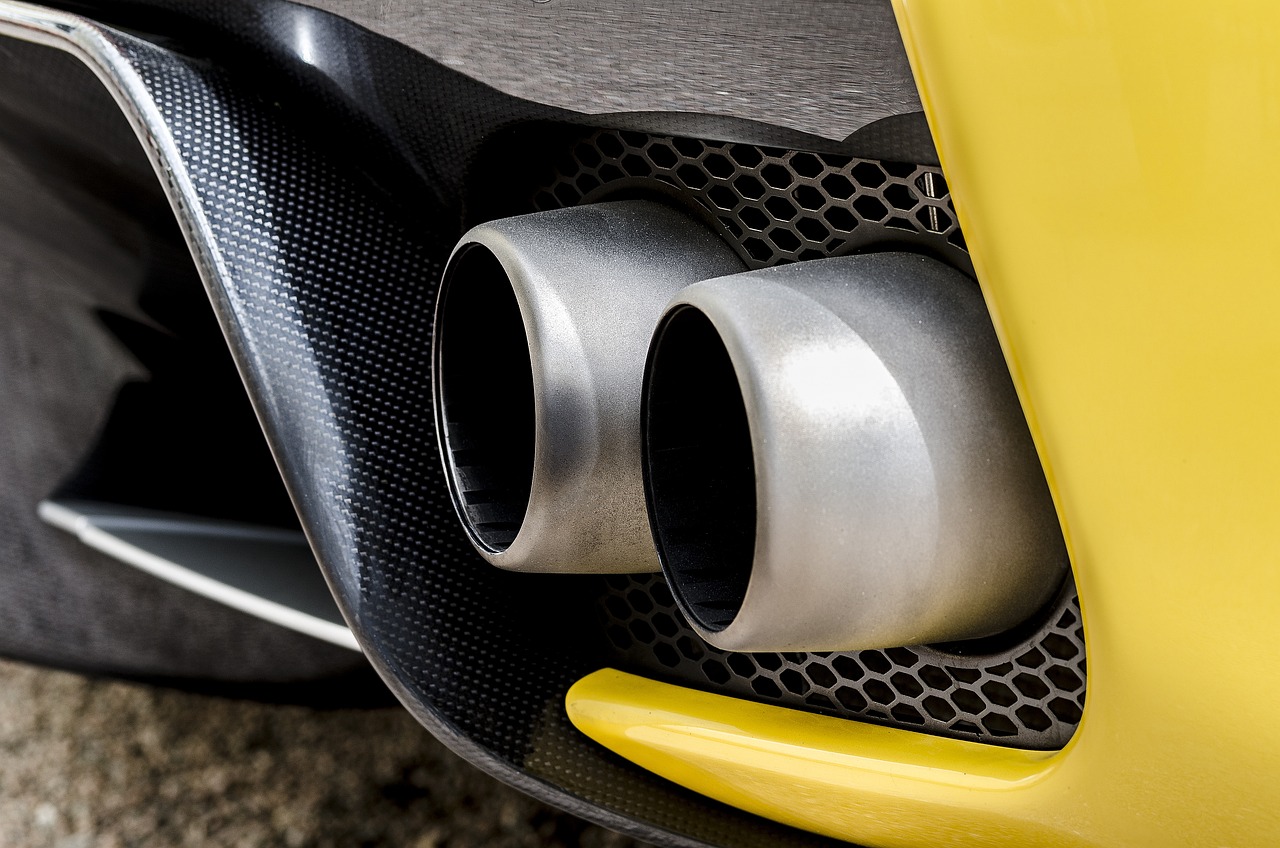 Image by Neri Vill from Pixabay
Image by Neri Vill from Pixabay
The choice between a car and an SUV ultimately depends on your individual needs, lifestyle, and preferences. It's important to weigh all the pros and cons before making your decision. Happy car hunting!



